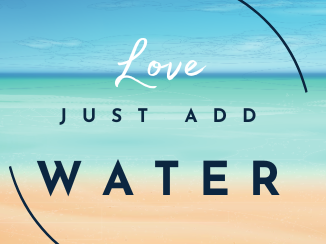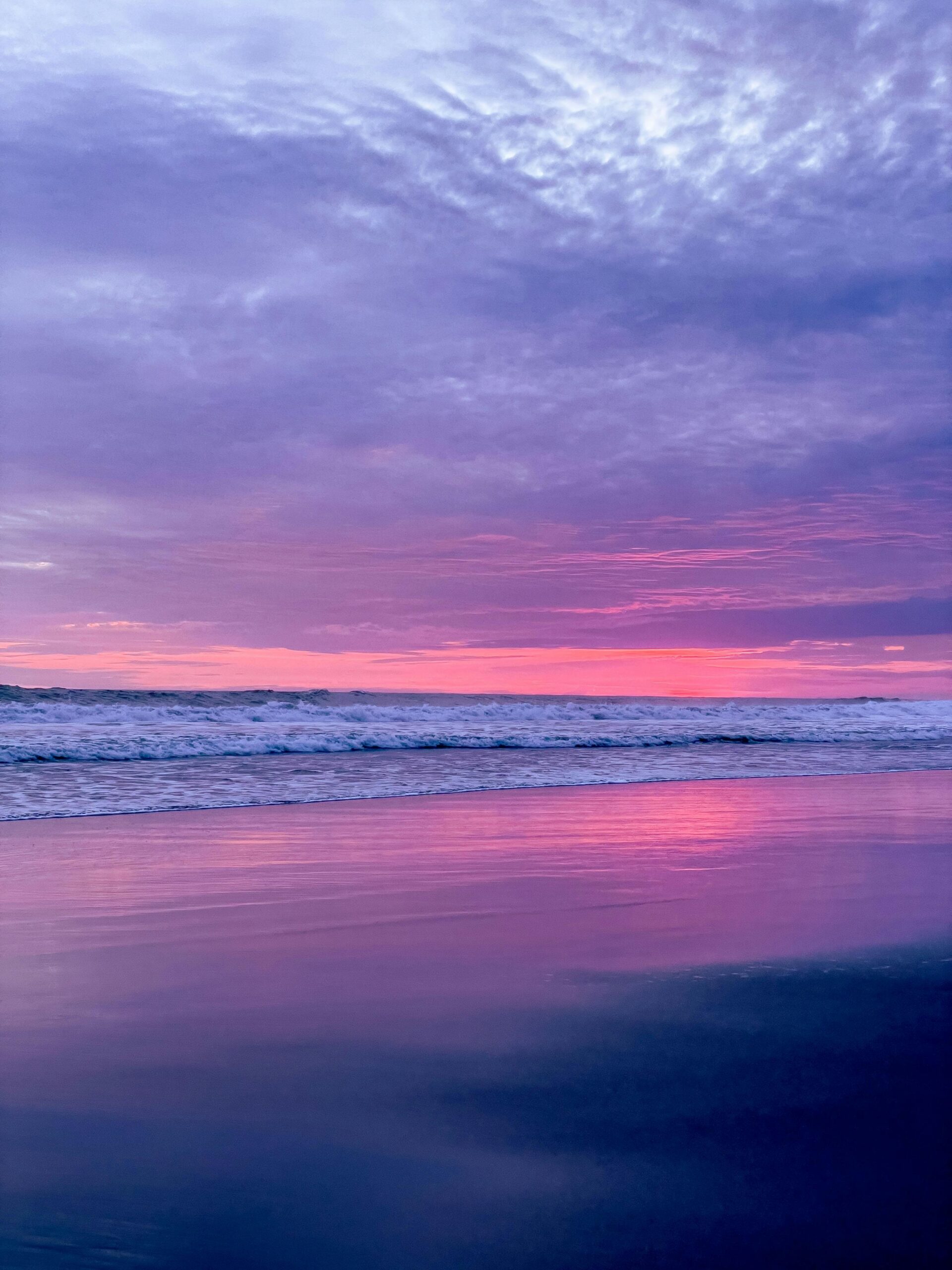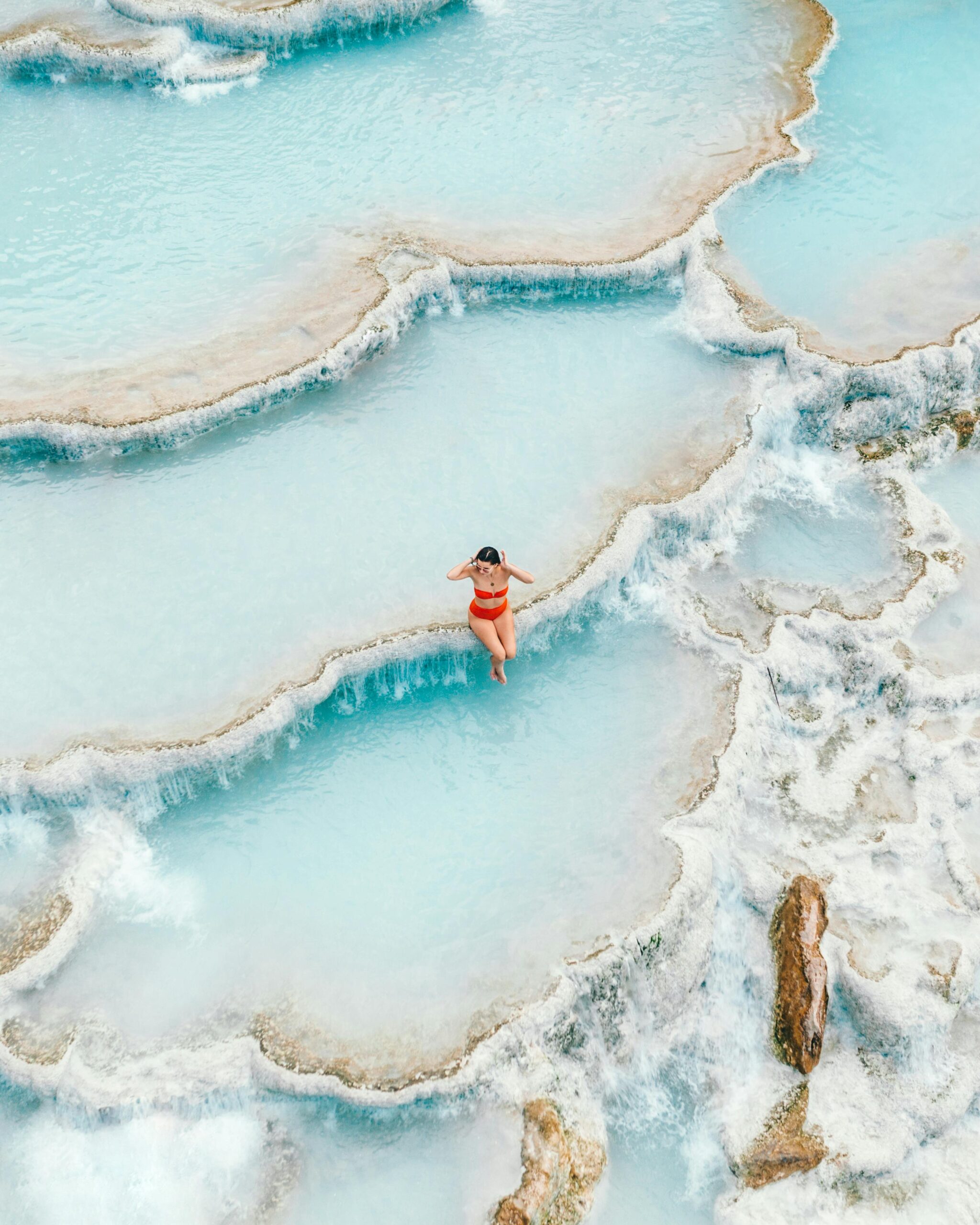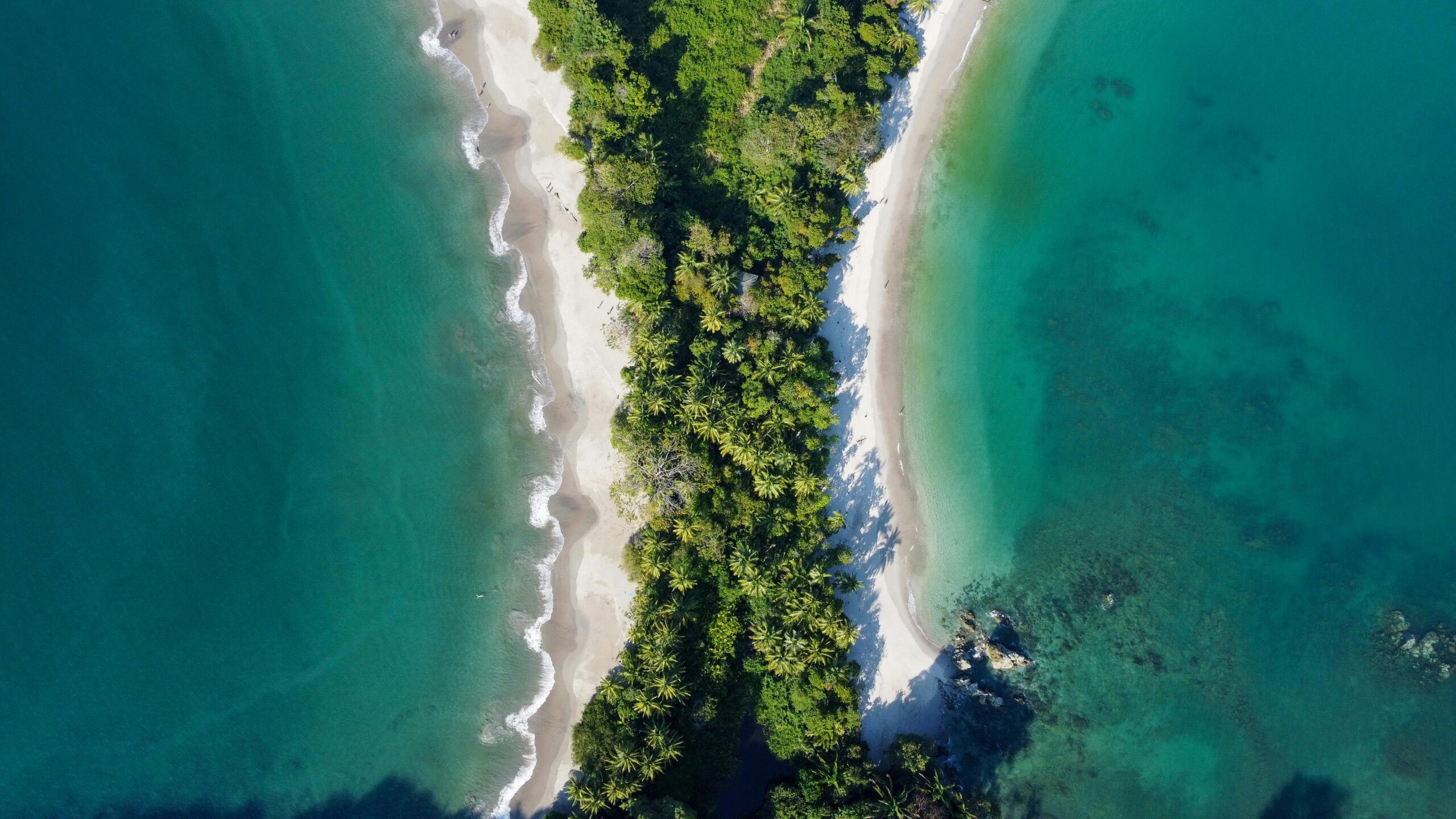It always starts the same way.
I arrive at the beach, lake, or river after a long day of travel — the noise of airports, deadlines, and obligations still buzzing in my head. But the moment I hear water — the crash of waves, the ripple of a stream, even the still silence of a lake — something inside me shifts. My shoulders drop. My thoughts slow. My breath deepens. I feel more me.
I used to think this was just vacation-mode kicking in. But the truth is deeper than that — literally. Science now tells us what many of us have always intuitively felt: being near water actually changes your brain.
And once I started understanding why, I began to travel differently — more intentionally, more slowly, and more in tune with what I really needed.
The “Blue Mind” Effect
There’s a growing body of research around a term coined by marine biologist Dr. Wallace J. Nichols called “Blue Mind.” It describes the meditative, almost healing state our brains enter when we’re near, in, on, or under water.
Think about it: your brain is constantly filtering distractions, notifications, to-do lists. But water — with its gentle, rhythmic movement and soothing sounds — offers a soft fascination. It engages our attention just enough to calm the overactive parts of the brain without demanding too much from us. This gives our mind space to rest, recover, and even process emotions more deeply.
When we’re near water, our brain releases feel-good chemicals like dopamine and oxytocin. Cortisol (the stress hormone) goes down. Our heart rate slows. Our senses recalibrate. We actually become more creative, more focused, and even more compassionate.
Water does what meditation does — but without needing to sit cross-legged or close your eyes. Just being there is enough.
How I Changed the Way I Travel
Once I realized how profound the “Blue Mind” effect was, I started planning my trips differently. I didn’t just want to see water — I wanted to feel it, live with it, build my rhythms around it.
Here’s how that changed the way I explore:
🌊 I Seek Water First
Before I book anything now, I ask: Where’s the water?
Whether I’m choosing a hotel or an Airbnb, I try to stay as close to water as possible — even if it’s just a view. One of my most peaceful mornings was spent in a tiny cabin in the Pacific Northwest, where I could hear a creek outside my window as I drank my coffee. That sound carried me into the day with clarity I hadn’t felt in weeks.
🧘♀️ I Build in Time to Do Nothing
I used to pack my trips with activities, trying to “see it all.” But now, I leave big empty windows in my schedule — time to sit on a dock, float in the sea, or walk slowly along a riverbank with no destination.
The goal is simple: let the water do what it does best — calm the nervous system and reconnect you to the present moment.
🧠 I Notice My Mental State
When I’m near water, I try to be aware of how I feel. I literally pause and ask myself: What’s different? What’s softened? This mindfulness makes the experience even richer. I journal more. I sleep better. I think more clearly. It’s not magic — it’s biology, responding to water the way we were always meant to.
📍 I Choose Destinations for Their Water Energy
Some of my favorite Blue Mind places aren’t famous at all. A quiet lake in northern Michigan. A remote beach in southern Costa Rica. A hot spring tucked away in the Colorado mountains.
I’ve learned to travel not just for the sights, but for the feeling of the place — and water is always at the heart of that feeling.
You Don’t Have to Travel Far
Here’s the beautiful part: you don’t have to cross an ocean to get the benefits of Blue Mind. A walk along a river. A weekend by the lake. Even a few minutes listening to a water fountain or soaking in a warm bath can bring your brain back into balance.
We’re water-based beings, after all — made of it, drawn to it, healed by it.
Final Thoughts
Understanding the science behind water’s calming power hasn’t made me love it any less — it’s made me love it more. I no longer take for granted the way I feel after a swim, or how a rainy day can feel like a reset button. I use it. I honor it. I build my life around it.
So the next time you plan a trip — or even just a break from the day — ask yourself:
Where’s the water?
And go there.
Stay longer than you planned.
Let it wash away what doesn’t matter.



